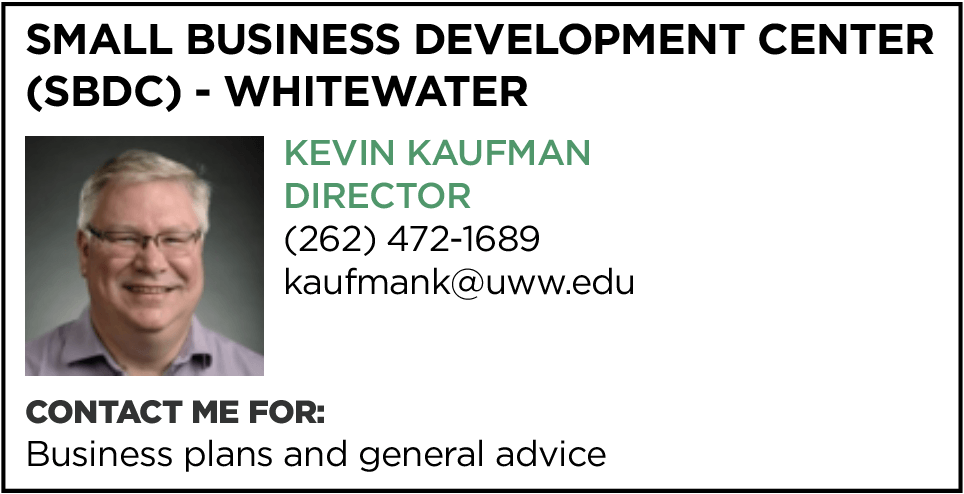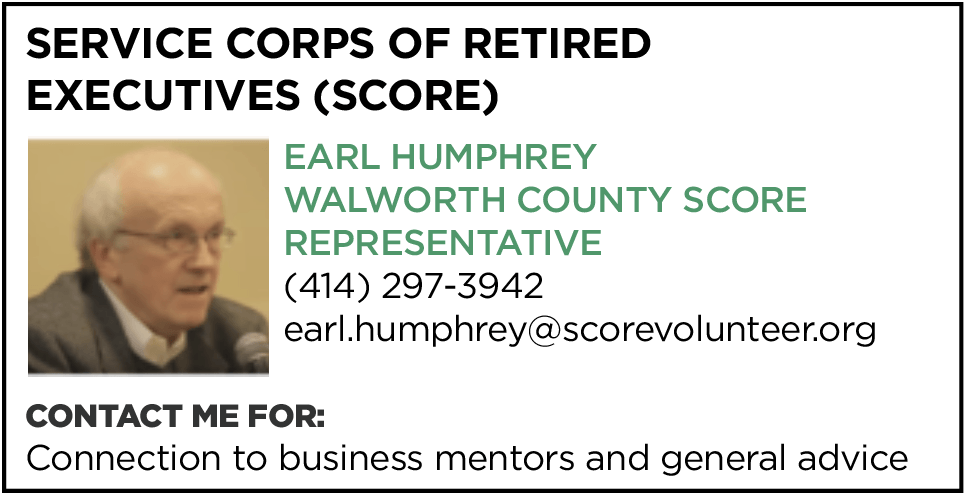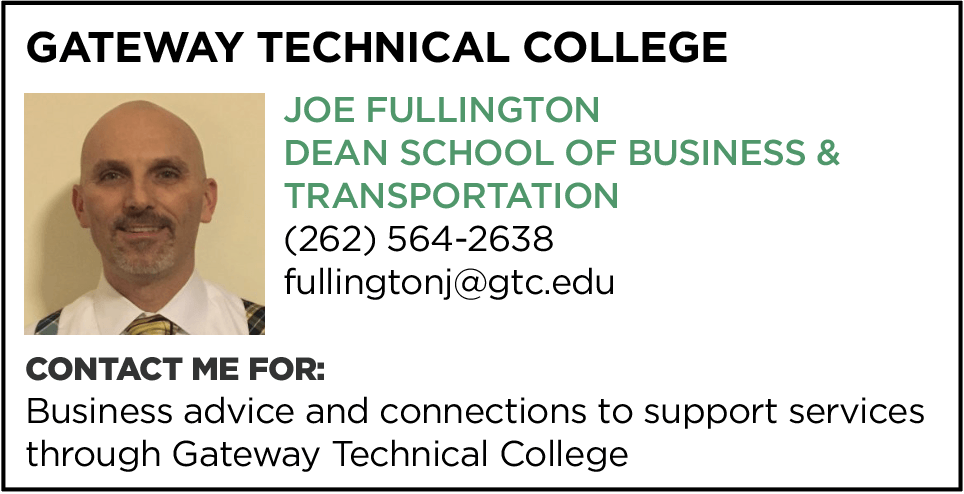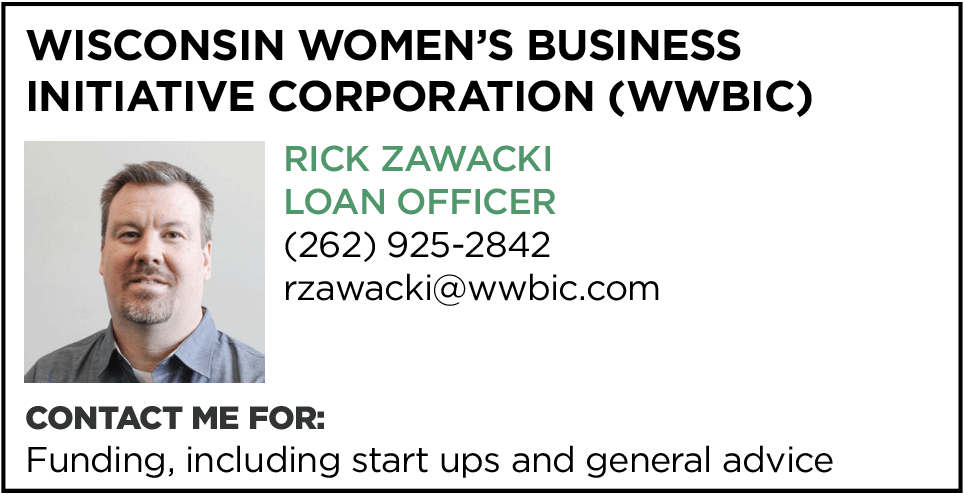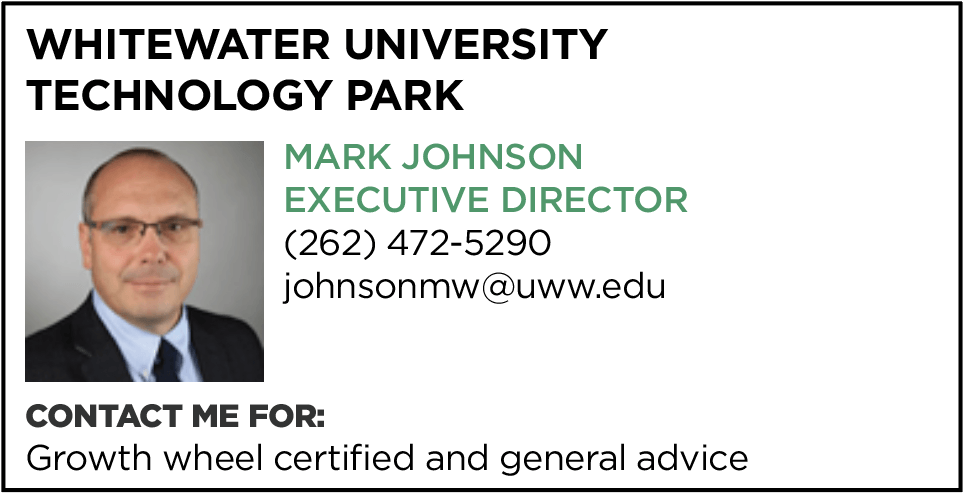Staffing/HR Info & Options
Assistance • Locations • Workforce • Incentives
WCEDA connects businesses with what they need!
Let us help you!
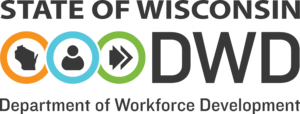
Work-share programs allow an employer to reduce the number of hours an employee works during a week while unemployment compensation makes up some of the difference in income. Work-sharing would typically become available during a business slowdown.
Work sharing is a win for both employers and employees.
- The employer can reduce the number of hours that an employee group works without potentially losing the employees.
- Employees affected by reduced hours can have their lost wages made up through a portion of their weekly unemployment compensation payments.
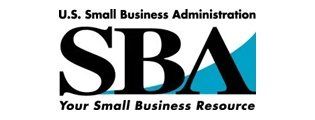
What is Workforce Exchange?
Not to be confused with Work-Share, Workforce Exchange is a matching service where employers with urgent staffing needs are matched with employers that have workers temporarily available.
Employer A: has employees that need to be temporarily laid off
Benefits of the program for Employer A
- Keep your employees working and earning during the crisis so they are able to meet their bills and survive.
- Your employees remain with you and are available to return to your work schedule when you need them back.
Employer B: needs workers temporarily
Benefits of the program for Employer B
- gets a supply of needed workers when they are needed most
How does it work?
Through a very simple contract!
Company A retains their employees by leasing them to Company B, who pays all the labor costs. Company A keeps their workers employed and has access to them when they need them to return to work.
THAT’S IT!
Interested?
Contact us for more information!
Derek D’Auria, WCEDA Executive Director
Joel Espinoza, WCEDA Assistant Director

The Paycheck Protection Program is a loan designed to provide a direct incentive for small businesses to keep their workers on the payroll.
SBA will forgive loans if all employees are kept on the payroll for eight weeks and the money is used for payroll, rent, mortgage interest, or utilities.
Here are a few key points of the program, but be sure to familiarize yourself with the PPP Borrowers Fact Sheet for all the details.
The loan amounts will be forgiven as long as:
- The loan proceeds are used to cover payroll costs, and most mortgage interest, rent, and utility costs over the eight-week period after the loan is made; and
- Employee and compensation levels are maintained.
How much of my loan will be forgiven?
- You will owe money when your loan is due if you use the loan amount for anything other than payroll costs, mortgage interest, rent, and utilities payments over the 8 weeks after getting the loan; and
- Due to likely high subscription, it is anticipated that not more than 25% of the forgiven amount may be for non-payroll costs.
All payments are deferred for 6 months; however, interest will continue to accrue over this period, and the loan will come due in two years.
When can I apply?
- Starting April 3, 2020, small businesses and sole proprietorships can apply for and receive loans to cover their payroll and other certain expenses through existing SBA lenders.
- Starting April 10, 2020, independent contractors and self-employed individuals can apply for and receive loans to cover their payroll and other certain expenses through existing SBA lenders.
- Other regulated lenders will be available to make these loans as soon as they are approved and enrolled in the program.
How can I apply?
You will need to complete the Paycheck Protection Program loan application and submit the application with the required documentation to an approved lender that is available to process your application by June 30, 2020.
Questions?
- Contact your bank
- Contact the SBA at 800-659-2955 or disastercustomerservice@sba.gov
- Contact WCEDA for direction at derek@walworthbusiness.com
Find the full details of this program by clicking on the following links.
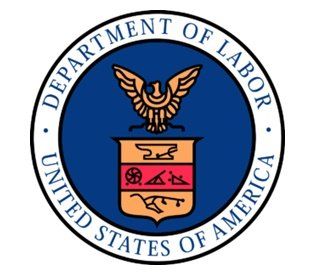
The law called the Families First Coronavirus Response Act was created to help American workers and employers get through temporary financial hardships and economic downturn during the virus outbreak. A few key points are as follows, but be sure to click on the link below for the full Act.
- The Department of Labor’s (Department) Wage and Hour Division (WHD) administers and enforces the new law’s paid leave requirements.
- The law prevents an employer from requiring an employee to immediately use personal, vacation, or sick time if they do not go into work due to COVID-19 concerns. Those concerns include feeling ill due to possible exposure to the virus or caring for someone who may have been exposed.
- Under the new law employees are entitled to 80 hours of sick leave pay if they have to care for someone who has been diagnosed with COVID-19 or if they have been.
- Small businesses with fewer than 50 employees may qualify for exemption from the requirement to provide leave due to school closings or child care unavailability if the leave requirements would jeopardize the viability of the business as a going concern.
- The expanded family and medical leave provisions of the FFCRA apply to certain public employers, and private employers with fewer than 500 employees.
Sources:
US Dept. of Labor, Families First Coronavirus Response Act: Employee Expanded Family and Medical Leave Rights
News Channel 3, Michigan. “What an employment lawyer says you need to know about sick pay during COVID-19 pandemic” March 22, 2020
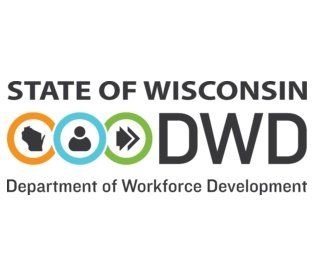
As a result of Governor Evers Emergency order, during the declared emergency you do not need to contact the department to request a change to your employee’s work search requirements. The Department is in the process of making the necessary updates. No action is needed on your part regarding the work search.

The Wisconsin Department of Workforce Development (DWD) accepts Automated Clearing House (ACH) payments as well as credit or debit card payments for Unemployment Insurance (UI) taxes. Please read the information below regarding the various Electronic Funds Transfer (EFT) payment options.
Please contact UI General Accounting staff at (608) 266-5793 or email uigenact@dwd.wisconsin.gov if you have further questions.



